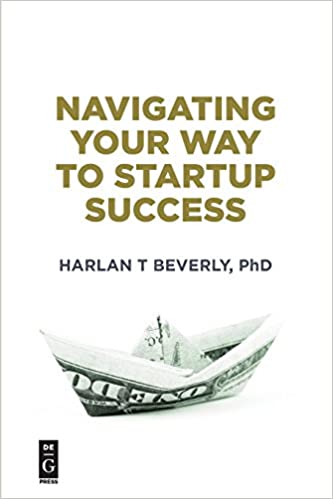I am very proud to be able to train in ATA Martial Arts with Chief Master Niblock at his school here in Austin, Texas (Round Rock). Today, like many other days, Chief Master Niblock gave us not only a great physical workout, but also great lessons in life and character.
[paraphrased] “You have students or employees who don’t give 100% effort, but have you looked in the mirror. YOU, the leader, need to be giving 100%, or you can’t expect it from your students.” said Chief Master Niblock. “It has to be every day. Nobody wants an employee who only gives 100% on Mondays, so you have to give 100% every day if you expect it in return.”
I was inspired, as I often am when getting to train with such an awesome instructor. We all need our mentors and people to look up to, and Chief Master Niblock is that to me. Without further ado, I give you 3 tips to motivate your employees, inspired by Chief Master Niblock.
- Lead from the Front – You need to be giving 100% effort every day, not just on Mondays! You cannot and should not expect more from your employees (even in a Startup) than what you are willing to give yourself. And you need to give this effort “from the front” so that everyone can see you.
- You set the Tone – If you are down, or having a bad day, it’s likely they will too. Somehow, you’ve got to find silver linings, shiny day’s ahead. Positivity is contagious too… you just have to set the tone.
- Be Fanatical about your Vision – Especially for a startup, you have to be absolutely focused on your vision and achieving it. This means saying ‘no’ to all the distractions that come up, and saying ‘yes’ to anything that might move your vision forward. Every day, you need to share your vision with the team, loudly, proudly, and with that Positivity. Your vision will become contagious too. Suddenly people will start making decisions in an empowered way that will move forward your cause, not just “work for work’s sake”.
 |
| Harlan Beverly Training in ATA Martial Arts |


